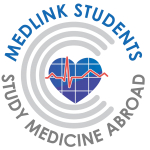
Located in: Poland
















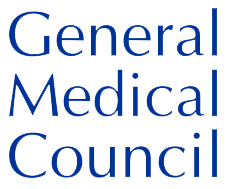





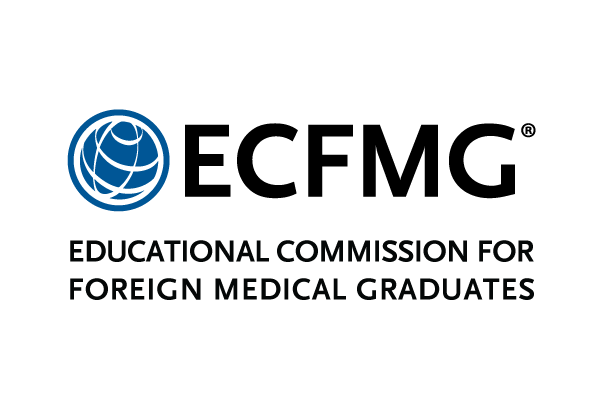



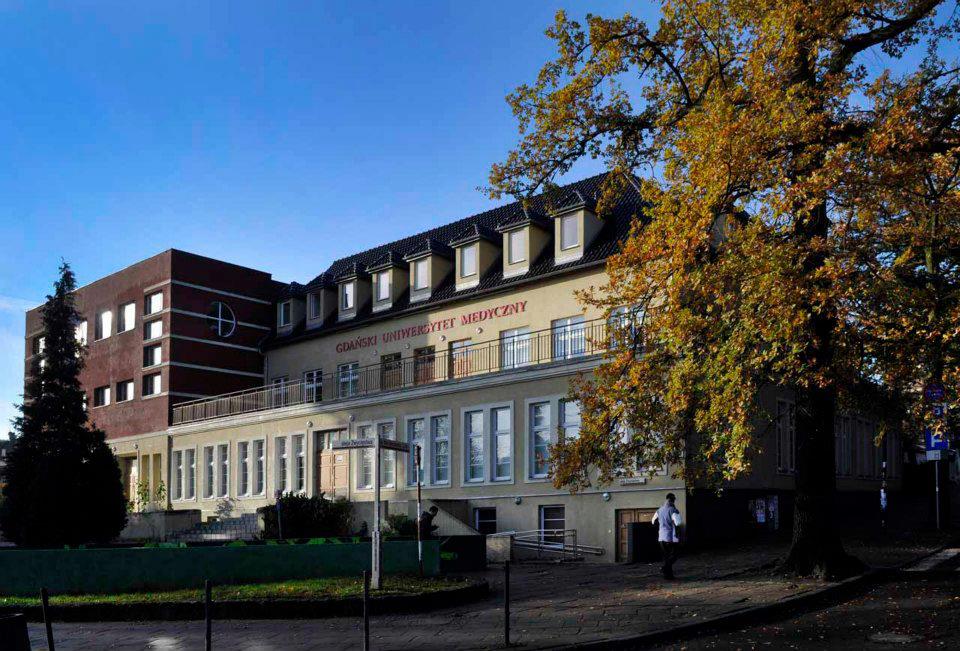



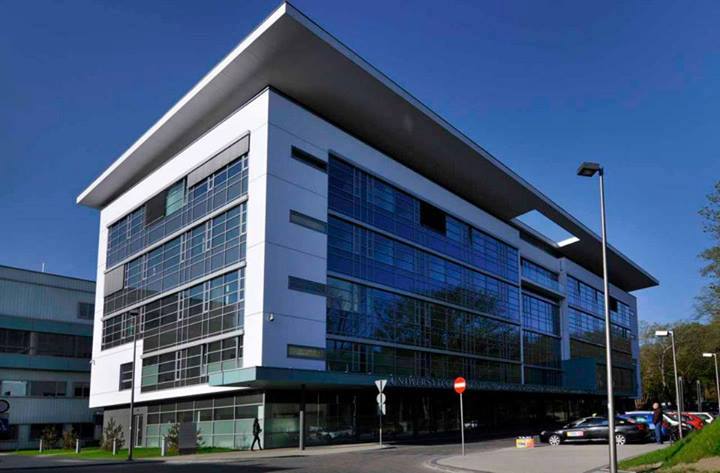

Medical University of Gdansk (MUG) is a public school located in Gdansk, Poland. It was established in 1945. It is the first medical school in Poland, and it ranks among the top 10 best Polish universities. The university teaches more than 6000 students, and 15% of them are international and decided to study medicine abroad.
The city of Gdansk is situated in northern Poland with a population of over 470,000 people. Before the 18th century, it was considered the healthiest and largest city in Poland. Its complex history combines Polish, Prussian and German rule. Nowadays, Gdansk is home to universities, museums, theatres and the St. Dominic’s Fair, dating back to the 13th century. So you will never be bored living in this city.
The university hospital’s Invasive Medicine Centre and Non-Invasive Medicine Centre are some of the most modern in Europe. They are the newest and most extensive in the whole of Europe. MUG continually invests in its expansion and improvement.
Thanks to the Foundation for Polish Science that provided funds, MUG established a research centre that specialises in research on generic aberrations acquired as a risk factor for cancer and other diseases.
Currently, the university teaches Medicine and Pharmacy courses in English. The duration of the M.D. programme is 6 years, and the Pharmacy is 5,5 years. Though you chose to study medicine, if you don’t feel like you have a good knowledge of Biology and Chemistry, you can take the preparatory course in English.
Unfortunately, the university doesn’t offer graduate-entry and doesn’t accept student transfers.
Contact us for FREE advice about your opportunities to study medicine abroad.
MUG offers an M.D. programme, Master of Pharmacy, and preparatory courses entirely taught in English. There is also an orientation week at the end of September, whose primary purpose is to introduce the university to you and has some entertainment events.
The tuition fees are:
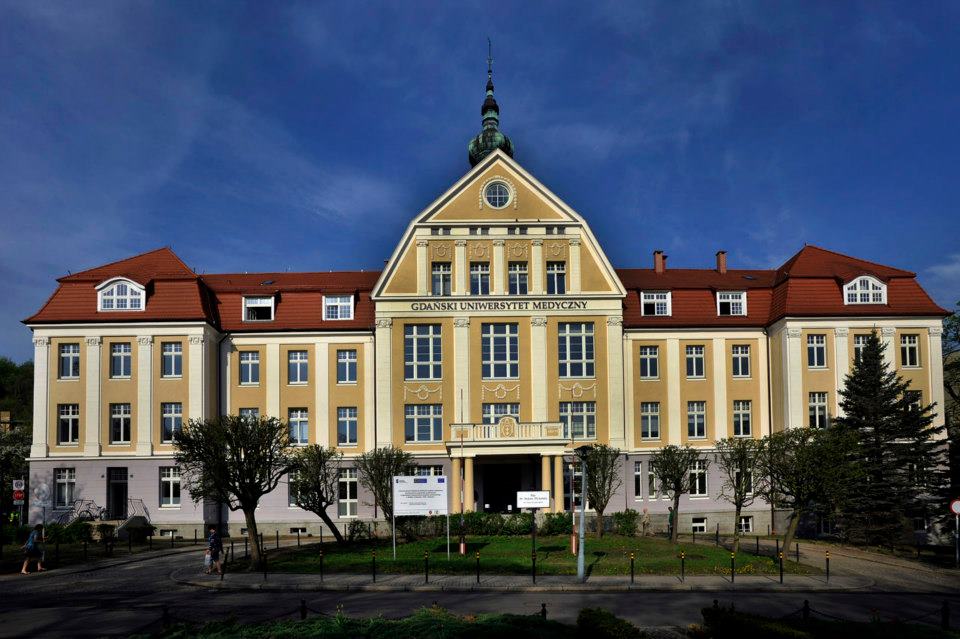

To apply for a Medicine or Pharmacy programme at this university, you will need a high school diploma or a secondary school leaving certificate. If you are coming from a high school with a language of instruction different from English, you will need an English language certificate. Also, you will be obliged to pass the Biology and Chemistry exam in the English language.
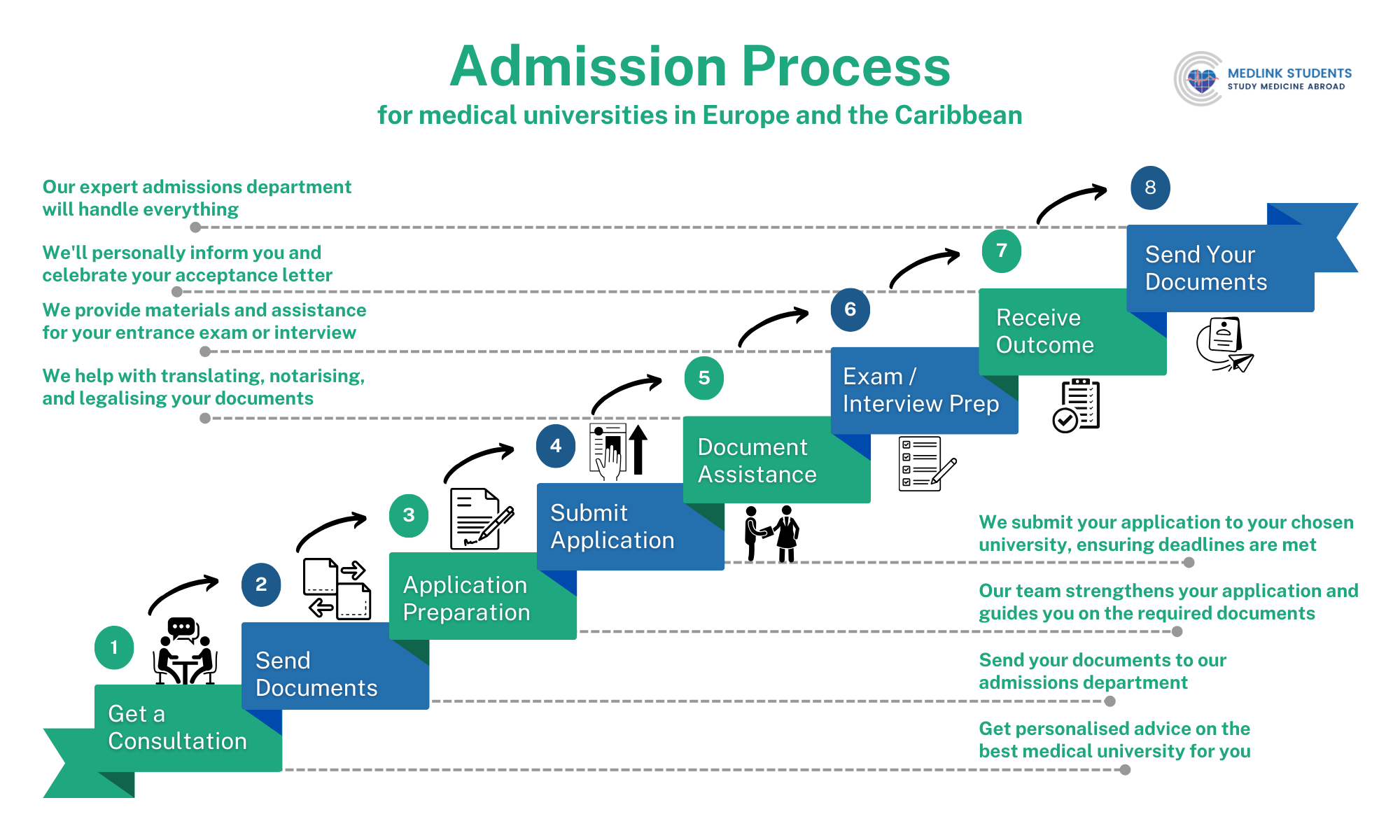

Admission to the Medical University of Gdańsk can be highly competitive, with an intricate application process. The university has a specific set of application requirements and legal procedures, which includes the submission of specific documents that need to be translated, legalised, and notarsied. Failure to comply will result in application rejection. But don't worry, our admissions consultants, recognised as among Europe's finest, are ready to take care of your application from beginning to end, including all the legal aspects. Additionally, we maintain a robust alliance with the university and have a thorough understanding of their application process and entrance exam. By choosing Medlink Students, your application will be carefully managed, significantly enhancing your chances of acceptance. On top of that, we'll provide you with quality study resources for the demanding entrance test, which will let you ace it. With us by your side, you don’t need to worry about the exhausting and complicated part of applying to a medical university abroad. Instead, you’ll be able to pay attention to what’s important - getting ready for the entrance exam and your future medical studies.
The Medical University of Gdansk is listed in the World Directory of Medical Schools. It holds international accreditation from the Medical Board of California and the National Committee on Foreign Medical Education and Accreditation.
MUG is recognised by the World Health Directory, World Federation for Medical Education and the Foundation for Advancement International Medical Education and Research (WFME), Academic Ranking of World Universities, The Leiden Ranking and the Best Global Universities.
The university offers 4 convenient dormitories very close to the building where the classes are held, only 300 meters away. There are only double rooms in the building which are fully equipped. The rooms are fitted with writing desks, 2 beds, 2 chairs, and a swivel chair. There are all the needed utensils like bedclothes, blankets, fridge, microwave, etc.
There is a shared kitchen with a gas and electric cooker. Also, there are laundry rooms, bathrooms, a student club, a canteen and parking. A Sports Center is located close to the campus.
The monthly price per person is around from October to June. Yet, if you want to stay there between July to September, it will cost you around per day.
If you prefer to live on your own, a one-bedroom flat costs between and per month, based on how close to the city centre you are. Also, other living expenses are around , including utilities.
The winter term starts at the beginning of October and finishes at the end of January. It is followed by an examination period.
The summer semester begins in mid-February and until the first week of June. The exam session is held during the rest of June.










The university is located in Gdansk, Poland. The city lies on the Baltic coast of Northern Poland. The university’s address is Marii Skłodowskiej-Curie 3a, 80-210 Gdańsk, Poland.
No. Transfers are not possible for medical students.
No. Fast track medicine is not possible at this medical school.
Orientation week - around (about for preparatory course graduates )
Medicine course - around per year
Master of Pharmacy Programme - around annually
Preparatory course - around
The university's medical graduates get international recognition of their degrees. The World Health Organisation recognises it through its World Directory of Medical Schools. In addition, the UK General Medical Council also recognises the university.
Yes. You can study general medicine and pharmacy in English.
Yes. As of 2022, the university has almost 200 graduates registered with the UK General Medical Council.
Yes, there is an entrance exam in Biology and Chemistry.
Students are required to have a secondary school certificate. In addition, they should pass an entrance examination in Biology and Chemistry. Last but not least, non-native students should present an English-proficiency certificate.
The school year starts in early October.
The application deadline is on the 15th of July.
*It's a good idea to double-check program intake availability with your advisor before submitting your application.